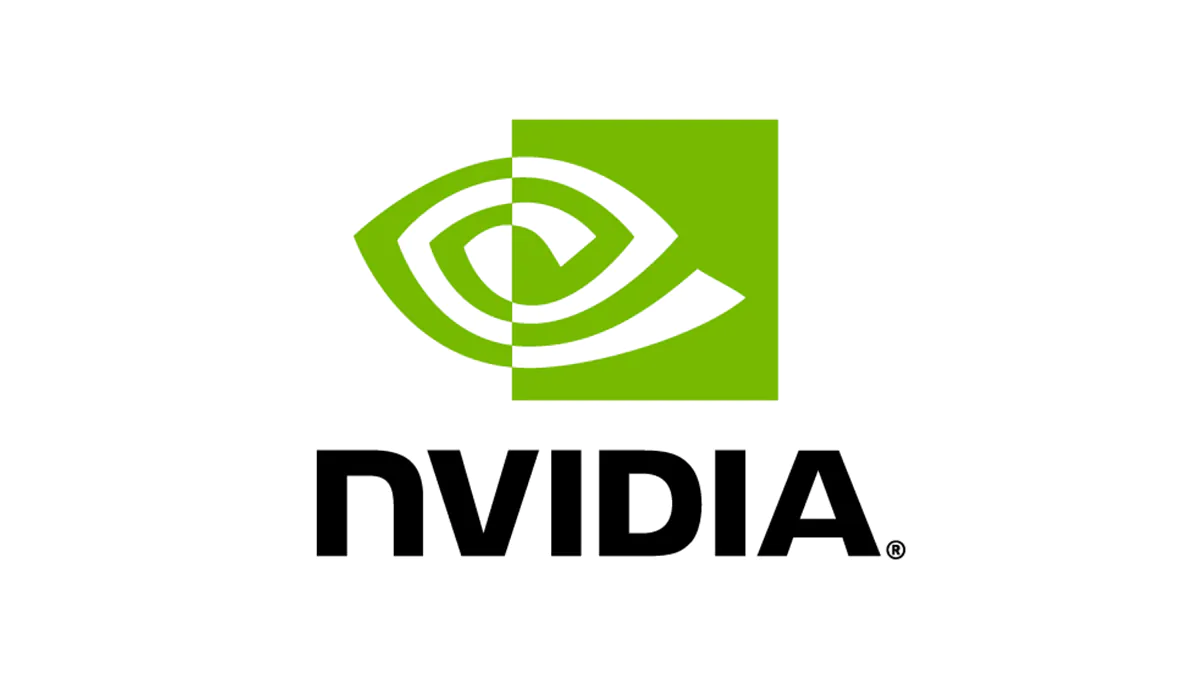
Jakarta - Nvidia has finalized its acquisition of the Israeli AI company Run:ai after receiving approval from the European Commission. The acquisition deal, valued at approximately $700 million (around Rp 11.3 trillion), was previously delayed due to concerns over antitrust regulations in the European Union.
Concerns Over Market Competition
The European Commission's antitrust body had raised alarms about the potential competitive threats posed by the acquisition, fearing that Nvidia could further consolidate its dominance in the graphics chip market essential for artificial intelligence processing. Nvidia currently controls a staggering 80% share of the AI graphics chip market, and the addition of Run:ai was aimed at enhancing the capabilities of Nvidia's developers in optimizing AI infrastructure.
However, after a thorough investigation, the European Commission found no substantial evidence suggesting that the acquisition would result in a monopoly, thereby permitting Nvidia to move forward with the acquisition process.
U.S. Investigation and Open Source Commitment
In addition to scrutiny from the European Commission, the United States Department of Justice also investigated Nvidia's acquisition of Run:ai for similar antitrust concerns, particularly regarding the potential suppression of Nvidia's competitors. In response to these concerns, Run:ai stated their intention to make their software open source, which would increase accessibility and encourage broader utilization across the AI ecosystem.
“Although Run:ai currently only supports Nvidia GPUs, making the software open source will expand its availability across the entire AI ecosystem,” Run:ai shared in an official blog post.
Historical Context and Global Trade Implications
The scrutiny surrounding Nvidia's acquisition is not without precedent. Nvidia faced similar challenges in 2020 when it sought to acquire the Israeli networking company Mellanox, which drew the attention of the Chinese government for allegedly violating Chinese antitrust laws. This situation serves as a reflection of the ongoing trade and technology tensions between the United States and China.
The conflict over semiconductor technology has intensified in recent months, particularly following the Biden administration's imposition of additional restrictions on high-tech memory chip sales to China. Although memory chips differ from the graphics processing units (GPUs) manufactured by Nvidia, both play critical roles in advancing AI capabilities.
American officials are concerned that China could leverage AI technology for military advancements, which has led to strict regulations on chip sales to China. In response, the Chinese Ministry of Commerce criticized U.S. restrictions, stating that they present a "significant threat" to global supply chain stability. The Chinese government has also retaliated by banning the sale of critical materials needed for chip production, including germanium and gallium.



